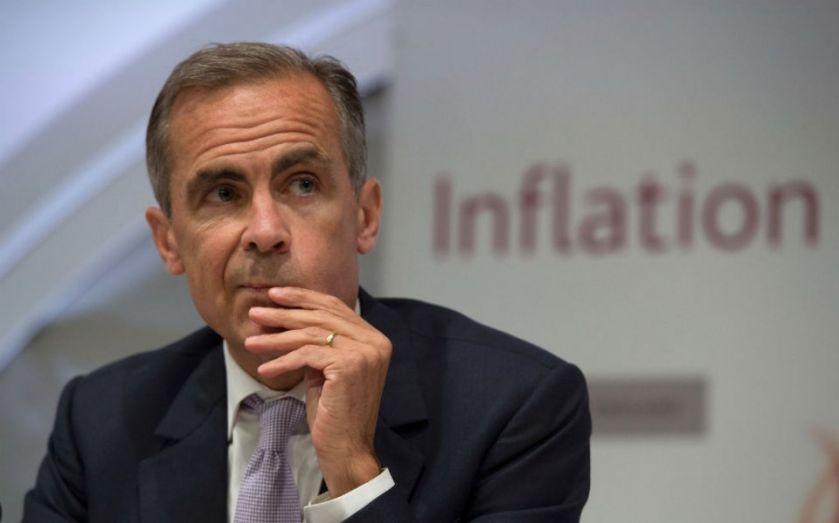As the UK inflation rate falls back to zero per cent, does this reinforce the case for keeping interest rates low?

Ruth Miller, UK economist at Capital Economics, says Yes
We probably haven’t seen the back of negative inflation in the UK. Petrol prices have fallen further this month.
The British Gas price cut will show up in September’s figures. Meanwhile, the strength of sterling should continue to put downward pressure on import prices.
Admittedly, the Bank’s Monetary Policy Committee (MPC) tends to “look through” temporary influences on inflation, such as oil prices.
Indeed, inflation should nonetheless rebound at the turn of the year on the anniversary of the much bigger falls in energy prices at the start of 2015.
But it is likely to take a long time to return to its target.
Productivity is finally picking up and is keeping unit wage costs subdued. And the more indirect effects of falling energy prices will take some time to come through fully.
Accordingly, it seems likely that the MPC can take its time, and we don’t expect rates to rise until the second quarter of next year.
Ben Brettell, senior economist at Hargreaves Lansdown, says No
Yesterday’s drop in CPI inflation to zero was in line with forecasts, and more importantly consistent with the Bank’s projections for inflation to remain around zero for a couple more months before climbing slowly back towards its target.
As such, the figures don’t strengthen or weaken the case for keeping interest rates low. Inflation is being artificially depressed by falling fuel prices, and policymakers are smart enough to “look through” such temporary factors.
Core inflation, which strips out volatile components like food and energy, stands at 1 per cent – admittedly still well below the 2 per cent CPI target, but nevertheless a lot closer to it.
Indeed, if the Bank only considered domestic conditions, the decision to raise rates might be more imminent.
Economic growth looks healthy and the labour market recovery continues.
It is global concerns, especially over China, which are worrying MPC members enough to tip the scales in favour of leaving rates on hold.